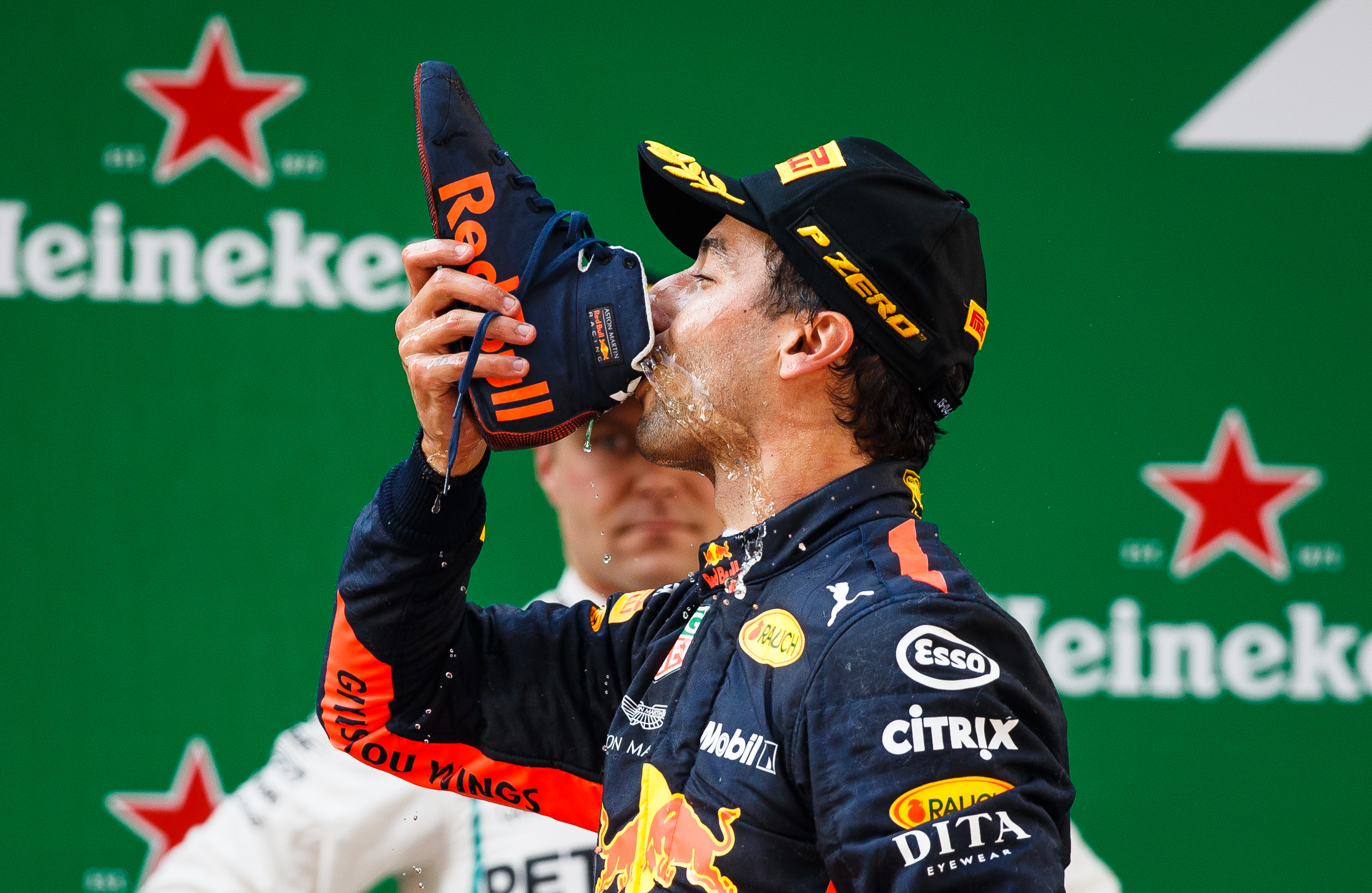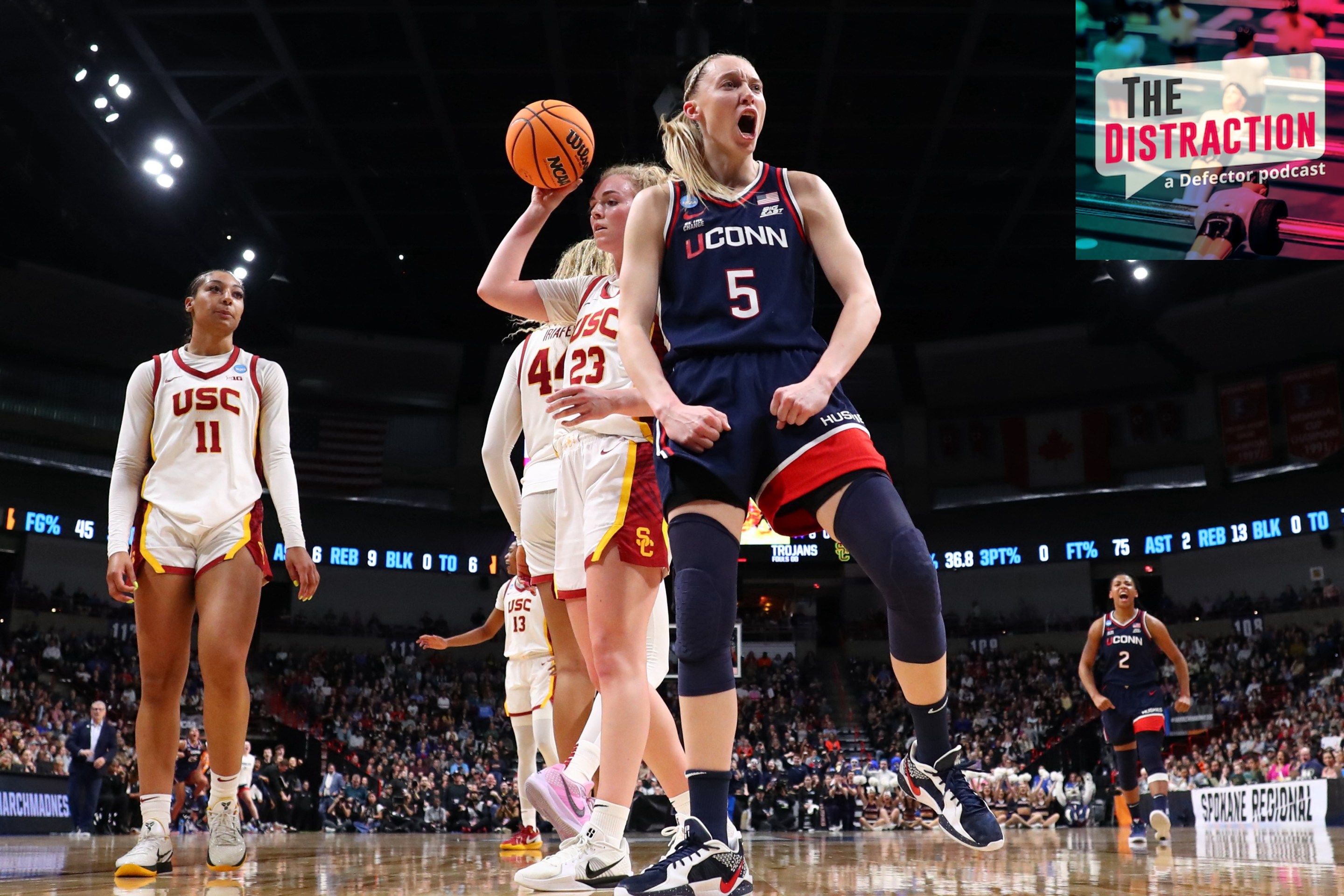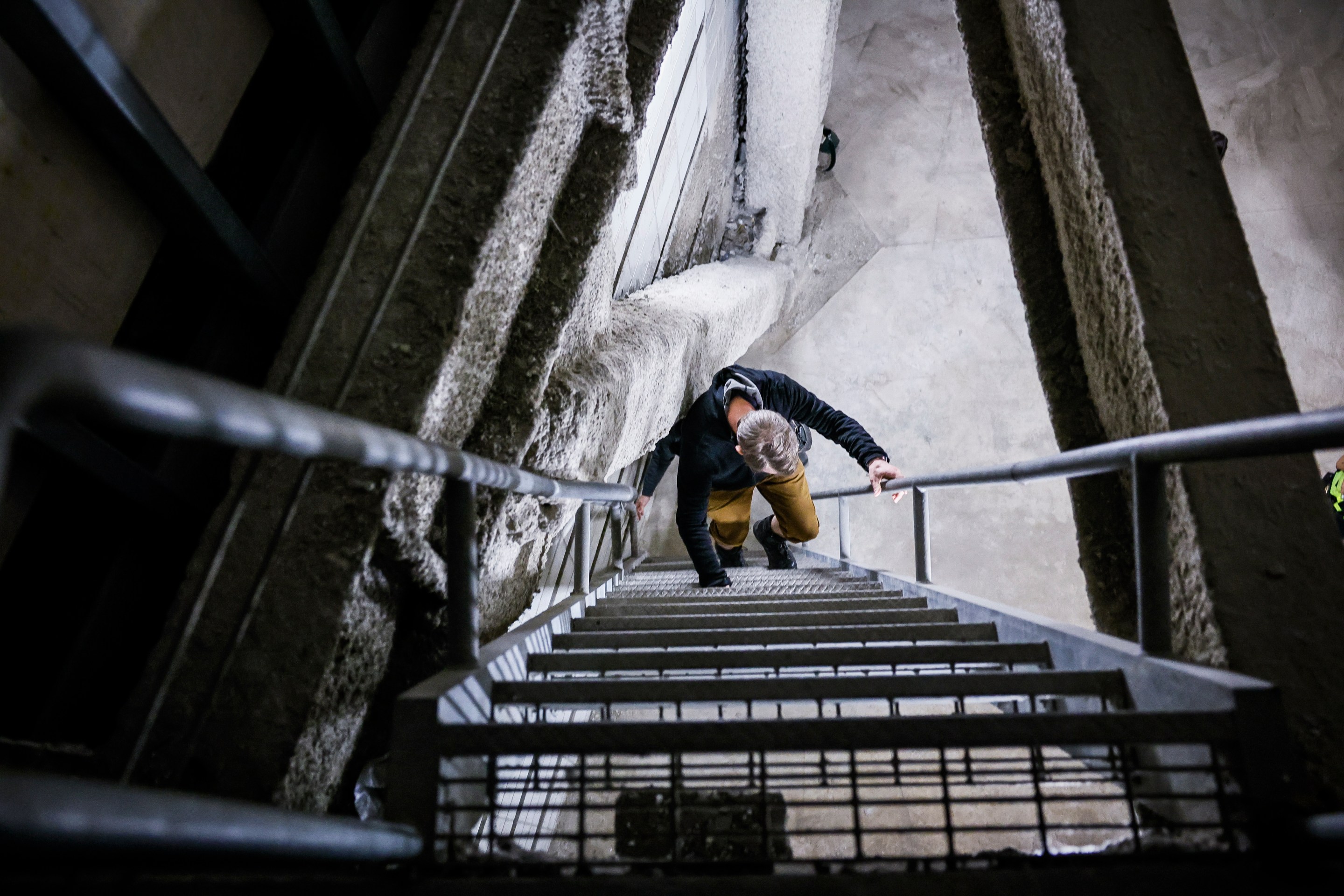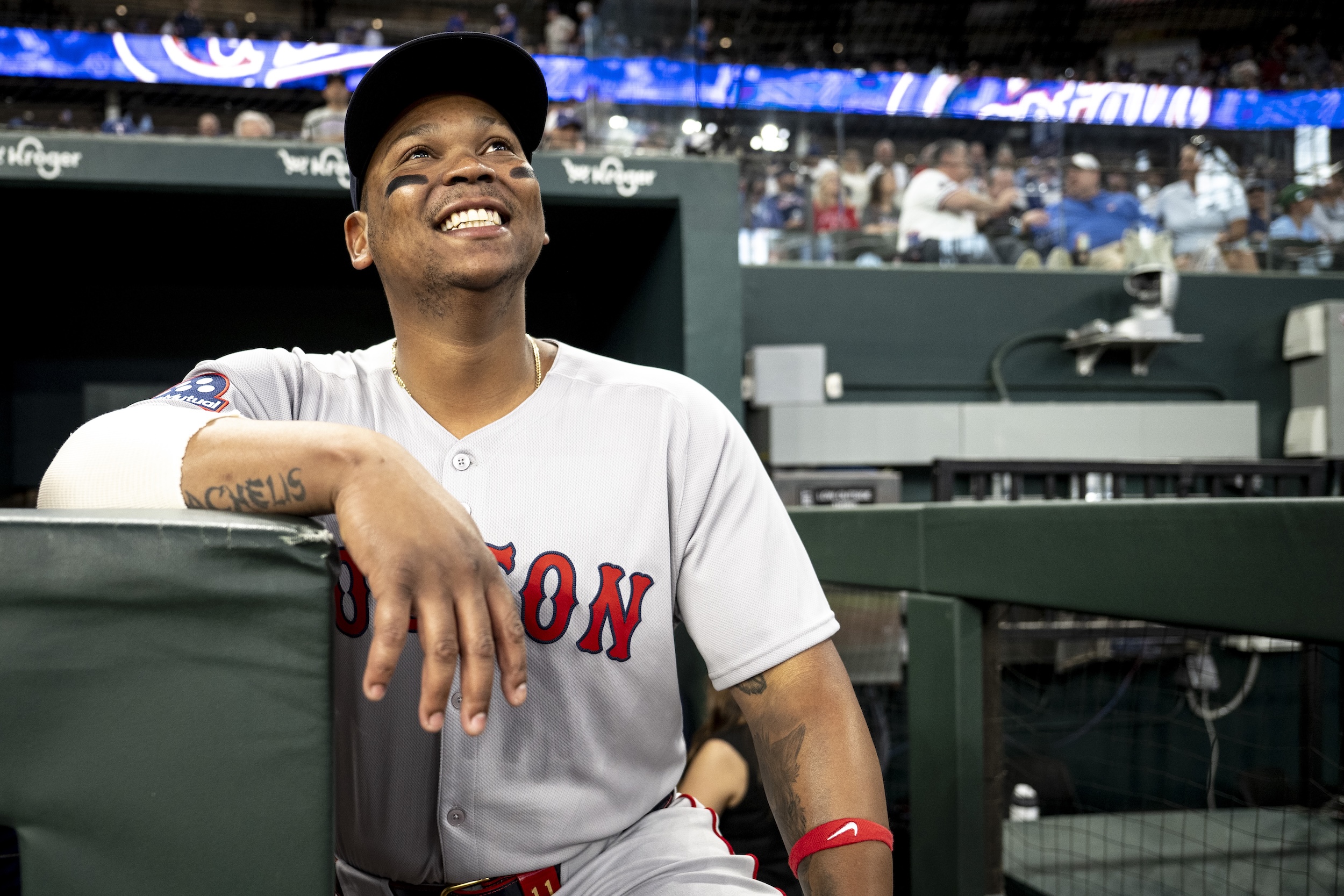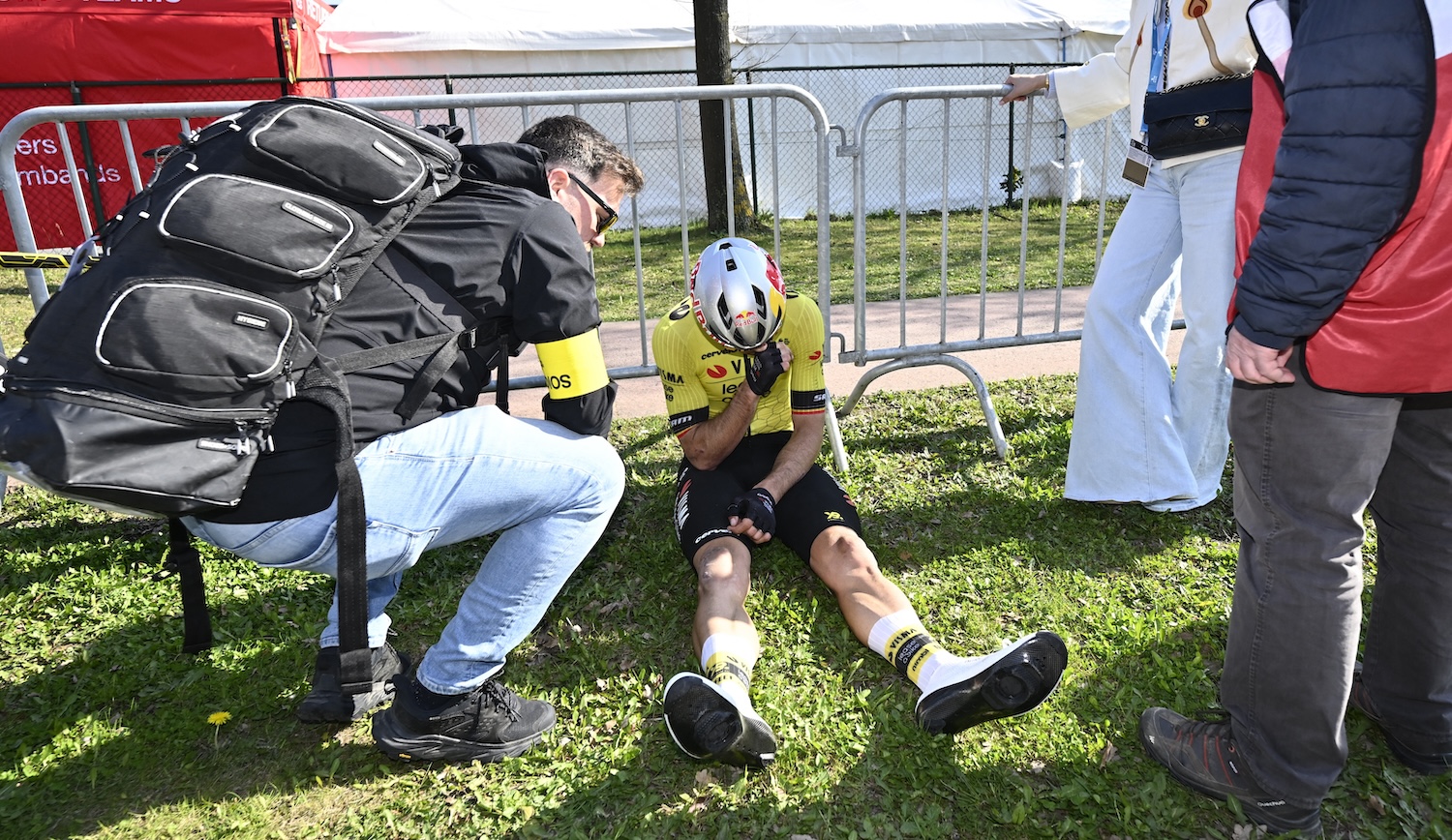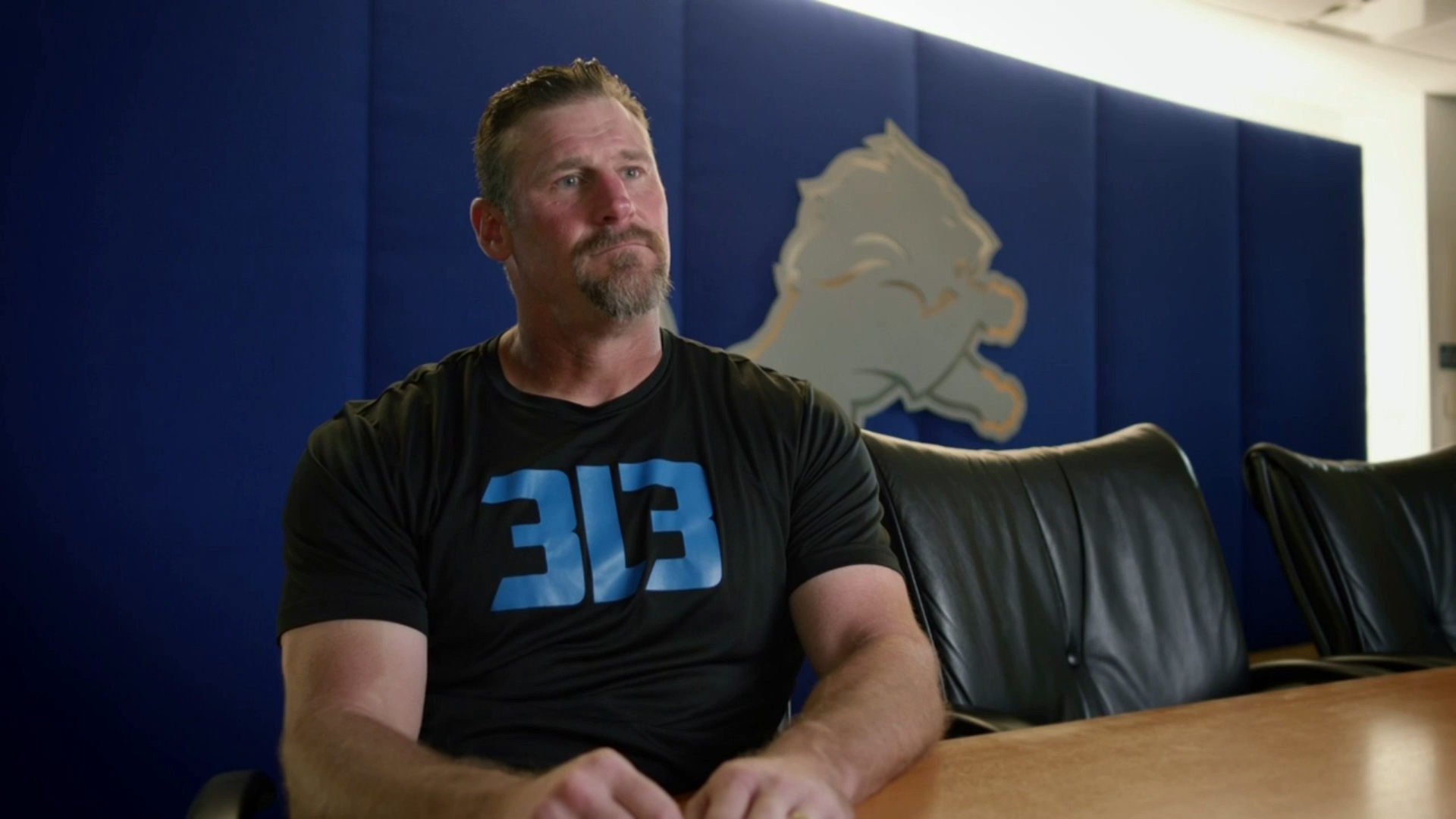The past Sunday's Singapore Grand Prix was a farewell for Daniel Ricciardo, but only in retrospect. Reporters had all but confirmed that Liam Lawson would receive a permanent seat at VCARB and Ricciardo's choked up post-race interview seemed to indicate a departure. But neither VCARB, or their owners at Red Bull, had released an official statement. So the day's send-offs took on a half-stated tone, none of which stemmed from his team—the commentators couched declarations about Ricciardo's final race with "likely" and "may." Kym Illman, a Formula 1 photographer and fellow Australian, posted a photo mentioning a "last goodbye hug." Fans voted him Driver of the Day.
VCARB only made the official announcement this Thursday. The outwardly unnecessary four-day delay to the announcement would have been distasteful even for the average driver; that a company of Red Bull's profile made such an oversight could be ascribed to the year's broadly self-inflicted dysfunction that has plagued the Red Bull higher-ups. An explanation does not change the travesty that Ricciardo, a boisterous fan-favorite, is somehow leaving the sport without similarly boisterous fanfare. Putting aside what respect a 13-year career in F1 may or may not demand in return, Ricciardo was the sort of personality that could bear such ceremony: some build-up, a video, an opportunity for other drivers on the grid to share fond memories or embarrassing stories.
Instead, Ricciardo's farewell was a last-place finish, made remarkable by how he pitted in order to take the fastest lap of the race. It was one last hurrah—except Ricciardo received nothing concrete for it, and the lap, which took a point away from grand prix winner Lando Norris, just so happened to benefit Red Bull driver Max Verstappen in the Drivers' Championship. Without an official parting, the sentimentality of the moment turned sour. Verstappen, the fans, and the VCARB–Red Bull sister team partnership all won something from Ricciardo's final lap. It remains unclear what Ricciardo got to take away.
For the casual, recent, American fan—often the same thing said thrice—Daniel Ricciardo is Formula 1. At the very least, he's Drive to Survive, which was made by and almost for Ricciardo. The producers of the show saw in him someone who could play the main character, and they were correct. The average F1 driver is more personable than stereotypes would suggest, aided by public beefing and a more Wild West press conference environment, no matter how much FIA head Mohammed Ben Sulayem may want to put a stop to that. But Ricciardo was always a cut above the rest. Nobody else is asking Norris about his pubes in a press room. Nobody else could sway Lewis Hamilton—famously uninterested in drinking "the juice from the foot"—into doing a shoey. (Hamilton's review: "It was gross, but glad I got to do it with you bud.")
He's outright funny, he has a killer smile, he's Australian. What more can a fan or marketing team ask for? But reducing Ricciardo down to a Drive to Survive star does his driving a disservice. If you're looking for skill, Ricciardo had that too. From 2014 to 2018, he was easily one of the top five drivers on the grid. He only had the misfortune of coming up against the Mercedes era of hybrid engine domination and Red Bull era of Renault engine unreliability, and then, later, wunderkind Verstappen. (Speaking of Drive to Survive, though the show portrayed them as enemies, Verstappen and Ricciardo were, and continue to be, fast friends off track.) The first two issues, Ricciardo drove through—the second, he left behind in search of a number one driver seat elsewhere. He never found it.
It is difficult to leave gracefully in any sport, but F1 often feels especially cruel. A large part of this is structural. Contract lengths are more guesswork than science, and fealty to a team can be bought. The math is also brutal: there are 20 seats, a handful of outstanding drivers, pay drivers making up the balance and a long line of hungry reserves waiting in the wings. There's no space on teams for veteran presence, which gives no space for a retirement tour. Another part, however, is because the sport's literal machinery obfuscates the mechanics of decline. In disciplines where the athletes have little more than their bodies, there are always signs: They move slower than they had before. Injuries accumulate, or never heal entirely.
The Formula 1 car means that drivers make poor comparisons for themselves. There's no real aging curve or evolution. The only measuring stick is your teammate; that teammate can only be judged by their previous teammates, and so on. You outperform the guy that's next up or you start fielding calls from other teams. Drivers seem to fall off cliffs. The favored explanations for declines are unfavorable driving styles, mental collapses, and, by far the most unkind, that it was always just the car. Rarely is there anything concrete for the drivers themselves to point to.
When did the old Daniel Ricciardo disappear? It wasn't right after he left Red Bull in 2018. He had one of the most impressive years of his career when he went to Renault, placing fifth in the Drivers' Championship, earning two podiums in a midfield car, and making former Renault managing director Cyril Abiteboul get a tattoo. Then he went to McLaren, and seemingly lost it all overnight. Norris was always a talented young driver of the Verstappen variety, but Ricciardo had shown that he could beat Verstappen. He rarely outperformed Norris. His 2021 Monza win was one bright spot during his McLaren tenure, and was paired with a post-race radio declaration: "And for anyone who thought I had left, I never left." Barring a miracle, it will be his last win in F1. Whatever was there is now gone.
There was drama in Ricciardo's return to the Red Bull ecosystem, but by the time he was losing out to Yuki Tsunoda, there was less and less to discuss. The personality that drove F1 for a few pivotal years was never given an opportunity to shine. His kind farewell was swallowed up by an unholy concoction of Red Bull hubris and oversight. But that, too, is fittingly tragic. The "Honey Badger" presented F1 to a new audience, and Daniel Ricciardo—just Daniel Ricciardo—is now representing what it means to leave the sport.
